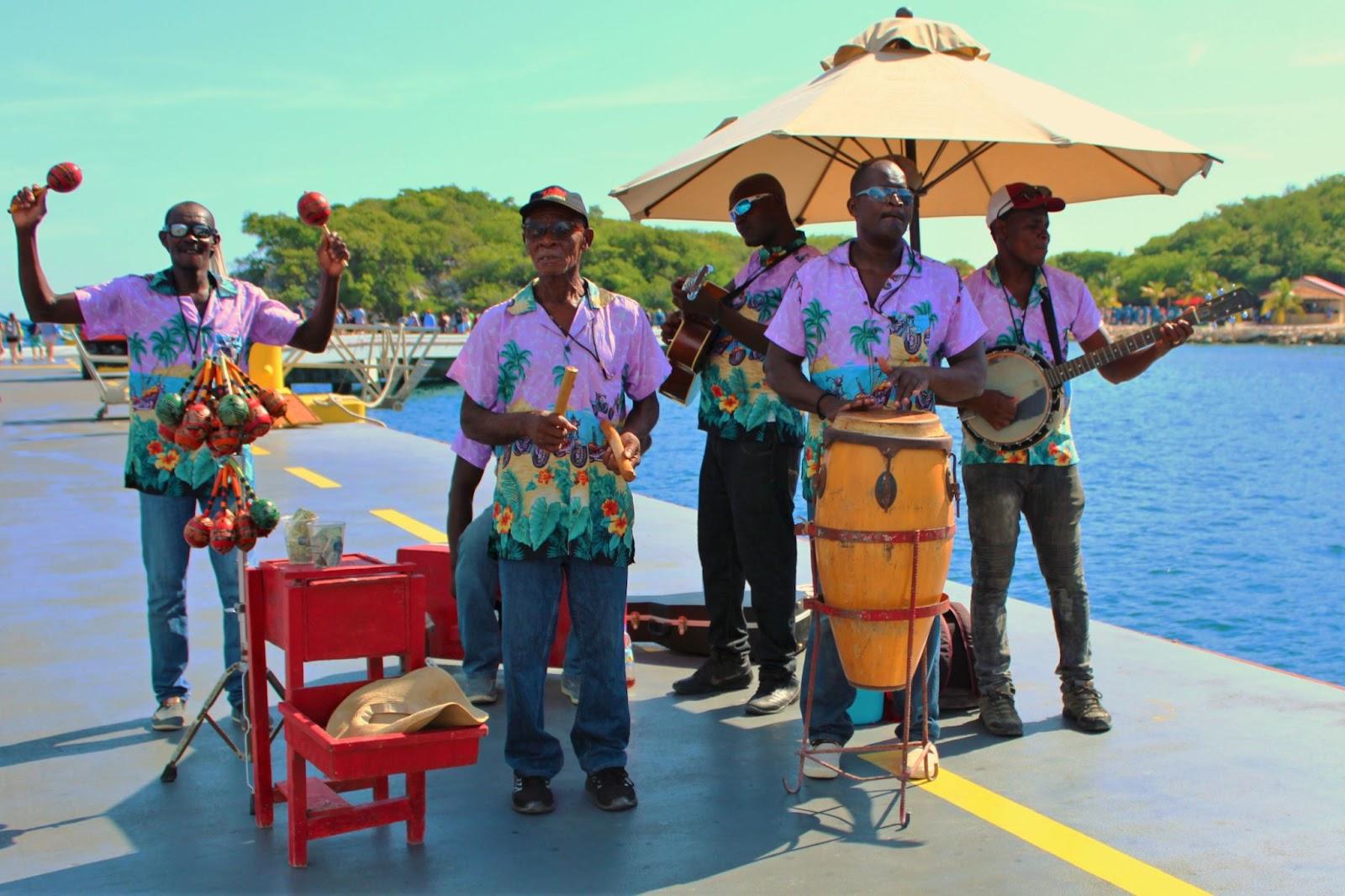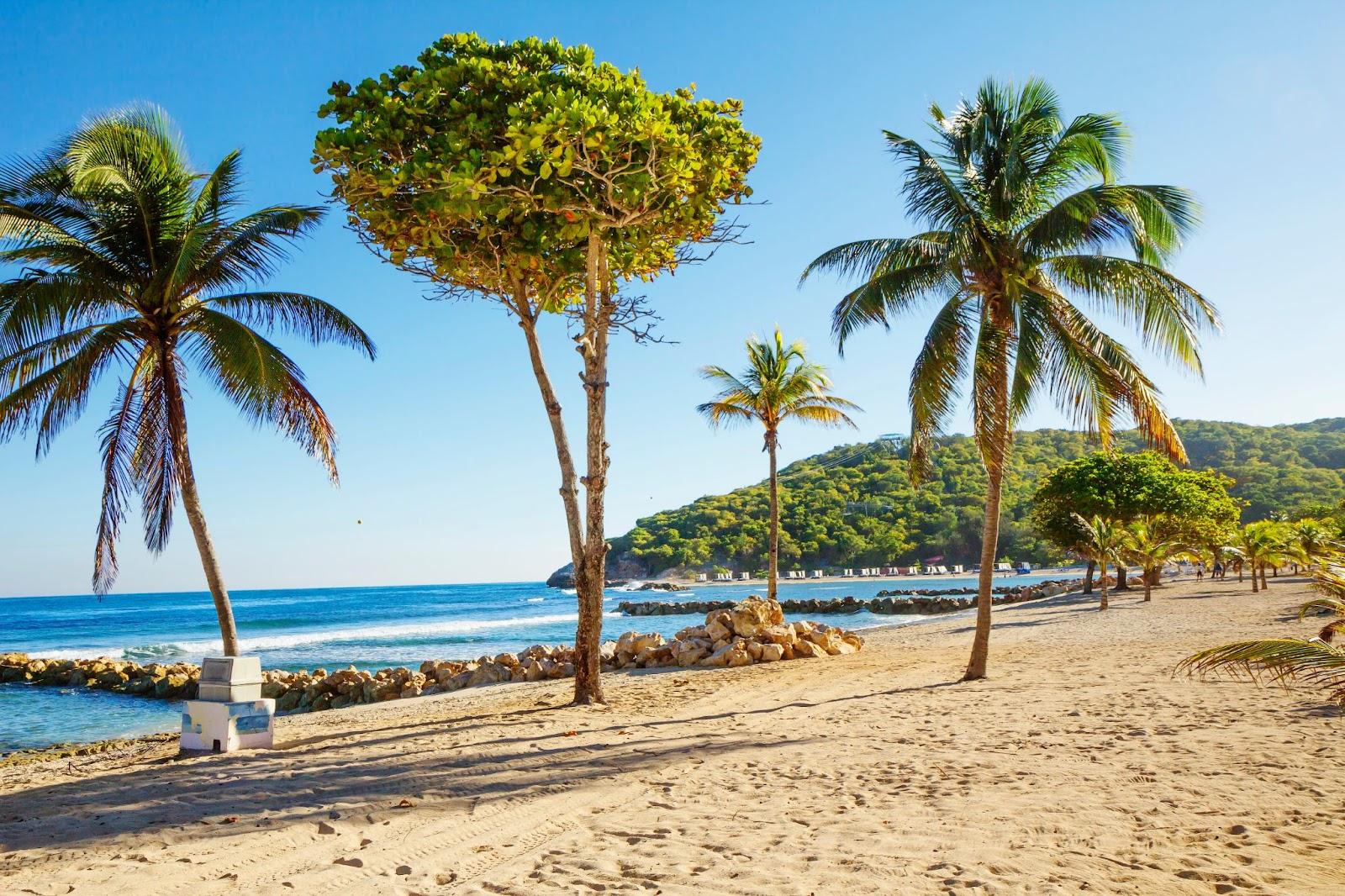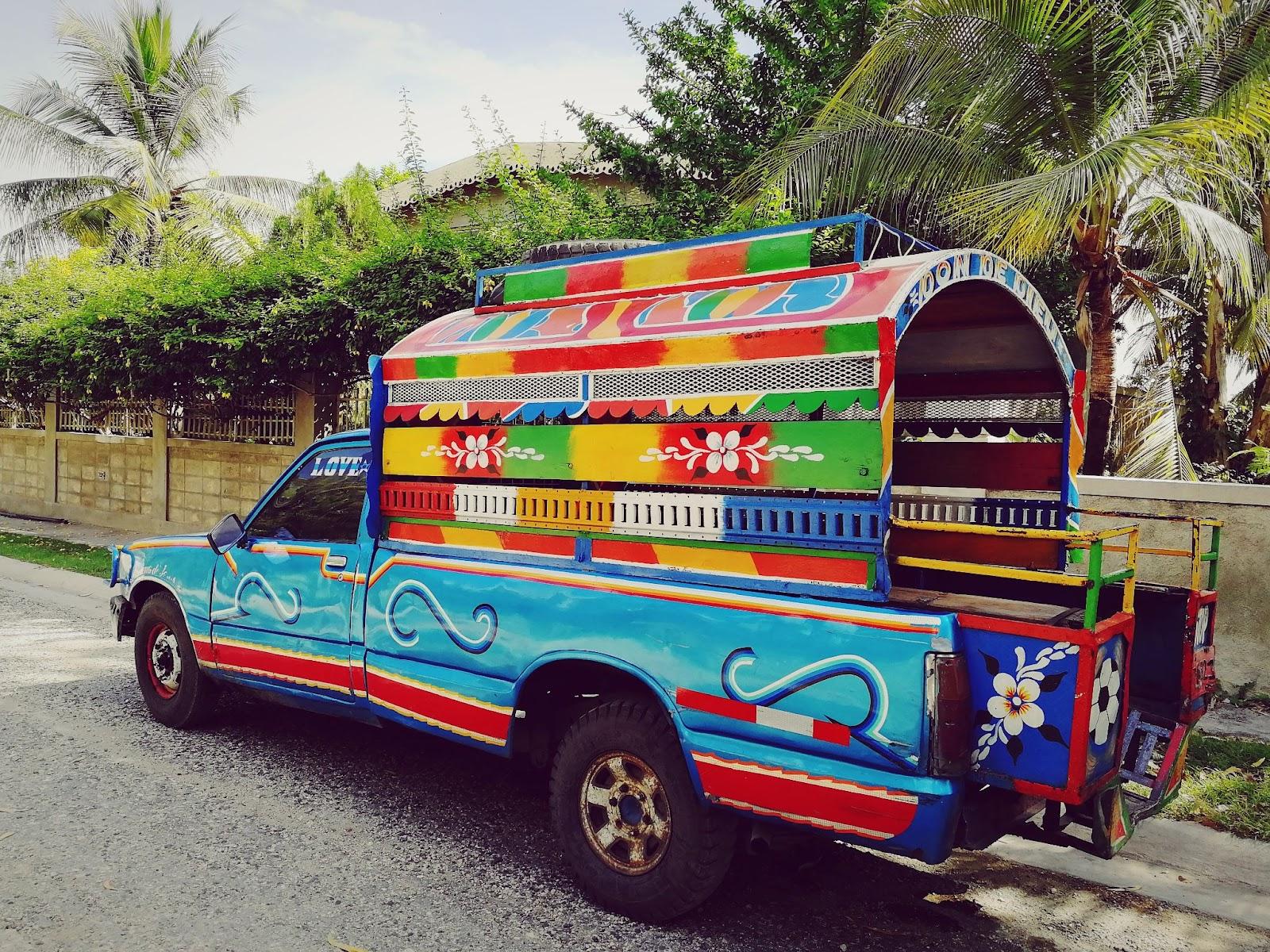 Get
Get
Haitian Gourdes Fast!
- Free home delivery over £750
- with Royal Mail Special Delivery 1pm
- Better rates than the banks

Planning a trip to Haiti?
Get the best Haitian gourde rates with us!
Embark on your Haitian journey equipped with your Haitian gourde currency.
At Manor FX, we assure you the most favourable Haitian gourde exchange rate, stretching your pounds further.
Our hassle-free online service makes converting British pounds to Haitian gourde a smooth experience. Enjoy both cost-efficiency and convenience.
Opt for Manor FX’s trusted delivery to your doorstep or workplace. Plus, enjoy free delivery for orders over £750. Alternatively, collect your Haitian gourde from our handy bureau de change near Heathrow.
Haitian travel money
Prepping for Haiti’s vibrant culture or its serene beaches? The right currency is key.
Here’s a guide to using cash and cards in Haiti.
Where can you buy Haitian gourdes?
The Haitian gourde is an exotic currency – you won’t find it at banks or the post office
Get your Haitian gourde from Manor FX. We simplify foreign currency exchange and offer competitive rates when you convert pound sterling to Haitian gourde.
Avoid costly airport exchanges. Get your travel money delivered to your home or office – fast!
Alternatively, pop into our bureau near Heathrow; you’ll get the same great rates and personalised service!
Should I get Haitian gourde before travelling?
Yes. Exchange some GBP to Haitian gourde beforehand. This ensures you have cash for immediate expenses, especially if you land during off-hours.
Credit and debit cards are common in cities, but cash is essential for smaller vendors and markets.
Buy your gourdes now

What is the best currency to use in Haiti?
The Haitian gourde (HTG) is the best currency to use. USD may be accepted, but usually at less appealing rates.
Should I use US dollars or Haitian gourde in Haiti?
The Haitian gourde is the official currency and is more efficient for day-to-day expenses.
Can I use my debit or credit card in Haiti?
Major areas take cards, but cash reigns supreme. In built-up areas, most international cards are accepted. Always check for fees and inform your bank of your travel plans.
Should I use cash or credit card in Haiti?
Cash is preferable for most transactions. Larger establishments in cities and tourist spots do accept cards, but cash is often preferred.
Tips for handling money in Haiti:
- ATM availability. Common in cities, less so in remote areas. Carry enough cash when exploring beyond urban centres.
- Credit card safety. Watch for skimming and fraud. Use cards at reputable places and monitor transactions.
- Currency. Local currency is Haitian gourde (HTG). Using HTG helps avoid poor exchange rates and fees.
- Small change. Carry smaller gourde denominations for daily expenses.
- Bank notification. Inform your bank about your Haiti trip to avoid card issues.
- Multiple payment methods. Keep a backup payment option for emergencies.

How do you avoid ATM fees in Haiti?
To reduce ATM charges:
- Use ATMs of major Haitian banks.
- Withdraw larger amounts less frequently.
- Buy Haitian gourde before your trip with Manor FX for the best rates and home delivery.
Is Haiti cheap or expensive for tourists?
Haiti, as a travel destination, can vary in cost depending on your travel style and preferences. Generally, it can be considered affordable, especially compared to many Western countries. However, prices vary widely based on where you go and how you travel. Here are a few points to consider:
- Accommodation. You’ll find options for every budget, from budget-friendly guesthouses to more expensive hotels. Prices in popular tourist areas might be higher.
- Food and dining. Local eateries offer delicious Haitian cuisine at reasonable prices. Upscale restaurants, especially in tourist areas, will cost more.
- Transportation. Public transportation is inexpensive but can be crowded and less comfortable. Private taxis or car rentals are available but will be pricier.
- Activities and sightseeing. Many of Haiti’s natural attractions, like beaches, are free or low-cost. Guided tours, museums, and historical sites might have entrance fees.
- Souvenirs and shopping. Markets offer a chance to buy unique Haitian crafts and art at negotiable prices.
- Travel style. Luxury travel, including high-end resorts and private tours, will significantly increase expenses.
In summary, Haiti can be a budget-friendly destination if you choose local experiences. Costs can rise with luxury choices or staying in more tourist-centric areas.
Plan and budget according to your travel preferences and needs.
How much Haitian gourde to take to Haiti?
The amount of Haitian gourde (HTG) you should take to Haiti largely depends on the length of your stay. Your planned activities and your spending habits should also be taken into consideration.
Here’s a rough guide to help you budget:
Budget trip
- Accommodation: Hostels or budget hotels: 1,500 HTG per night (£16)
- Food: Local dining: 1,000 HTG per day (£11)
- Transport: Public/shared taxis: 400 HTG per day (£4.30)
- Activities: Free or low-cost: 1,400 HTG per day (£15)
- Daily: 4,300 HTG (£46)
- Weekly: 30,100 HTG (£322)
Mid-range trip
- Accommodation: 3-star hotels: 4,500 HTG per night (£48)
- Food: Mid-range dining: 3,000 HTG per day (£32)
- Transport: Car rental/shared taxis: 1,500 HTG per day (£16)
- Activities: Paid excursions: 3,000 HTG per day (£32)
- Daily: 12,000 HTG (£128)
- Weekly: 84,000 HTG (£896)
Luxury trip
- Accommodation: Luxury resorts: 10,500 HTG per night (£112)
- Food: High-end dining: 6,000 HTG per day (£64)
- Transport: Private taxi: 3,000 HTG per day (£32)
- Activities: Premium tours: 6,000 HTG per day (£64)
- Daily: 25,500 HTG (£272)
- Weekly: 178,500 HTG (£1,904)
Remember, these are estimates. Actual costs may vary with spending habits and exchange rates.

How does tipping work in Haiti?
Tipping is appreciated. Standard is 10% in restaurants and 500 to 1,000 HTG in hotels.
Is Haiti safe to visit?
Haiti, like many travel destinations, has areas that are safer than others, and its safety situation can vary. Here are some key points to consider:
- Travel advisories. Always check the latest travel advisories from your government’s foreign office before travelling. These advisories provide up-to-date information on safety and security.
- Local laws and customs. Understanding and respecting local laws and customs is essential. This includes dress codes, social behaviours, and legal regulations.
- Areas to avoid. Certain areas, particularly in and around the capital Port-au-Prince, might have higher crime rates. We advise researching which areas are considered safer and which to avoid.
- Health precautions. Take necessary health precautions. This includes vaccinations and protection against mosquitoes, as diseases like malaria and dengue fever can be a risk.
- Natural disasters. Haiti is prone to natural disasters like earthquakes and hurricanes. Familiarise yourself with local emergency procedures and stay informed about the weather during hurricane season.
- Travel insurance. Ensure you have comprehensive travel insurance that covers theft, loss, medical issues, and emergency evacuation.
- Personal safety measures. Be cautious with your personal belongings, avoid displaying valuables openly, and be aware of your surroundings. Using a local guide can enhance safety in unfamiliar areas.
- Transportation safety. Be cautious when using public transportation and consider arranging transportation through your accommodation or a reputable service.
- Emergency contacts. Keep a list of emergency contacts, including local emergency services and your country’s embassy or consulate.
- Community and local insights. Engage with the local community and seek insights from locals or experienced travellers. This will provide valuable safety advice tailored to your specific itinerary.
Safety in Haiti, as in any destination, largely depends on being informed, prepared, and aware.
Haiti is a country with rich cultural experiences and natural beauty. Careful planning and awareness of current conditions will ensure a safe trip.

Buy your gourdes now
Haitian currency
Banknotes
Haitian bank notes, called gourdes, are colourful, and each note looks different. The smaller value notes, like the 10 and 25 gourdes, are used a lot. They have pictures and symbols from Haiti’s history.
The larger value notes, like the 50, 100, and 250 gourdes, are more intricate. They show important people and places from Haiti.
The highest value notes, the 500 and 1,000 gourdes, aren’t used as much. They are heavily detailed and have security features to guard against counterfeiting.
Each note has its own colours that tell a story about Haiti’s history and culture.
Coins
Haitian coins are a small but significant part of the country’s currency. They come in denominations like 5, 10, 20, and 50 centimes, as well as 1 and 5 gourdes.
Each type of coin has its own unique size and appearance. The smaller denominations, such as the 5 and 10 centimes, are typically used for minor purchases and have simpler designs.
The larger denominations, like the 20 and 50 centimes and the 1 and 5 gourdes coins, feature more elaborate designs. These may include images of notable landmarks or symbols that represent Haiti’s culture and heritage.
Haitian currency import and export rules:
Importing currency
When you enter Haiti, there’s no limit on how much foreign currency you can bring in. This includes Haitian gourdes and other currencies like US dollars or euros.
However, if you’re carrying a large amount of money, it’s a good idea to declare it at customs. This is to avoid any problems or questions about the money you have.
Exporting currency
When leaving Haiti, there are some limits to consider. You can take out up to a certain amount of Haitian gourdes or its equivalent in foreign currency.
The exact amount can vary, so it’s best to check the current regulations before you travel. If you have more than the allowed amount, you might need to get permission or declare it.
Ordering Haitian gourde online
Order with Manor FX for quick, secure delivery or collect from our travel money shop near Heathrow. Get the best Haitian gourde to GBP rates.
Selling back Haitian gourde
Easily exchange leftover Haitian gourde to pounds. We offer competitive rates for your unused Haitian gourde currency.

FAQs
Why is Haitian money called gourde?
The Haitian currency, called the “gourde,” has a name with historical roots. The term “gourde” was originally used to refer to a Spanish coin called the “Spanish dollar,” which was widely circulated in the Americas and the Caribbean during the colonial period.
When Haiti became independent in the early 19th century, the new nation needed its own currency.
Haitian leaders chose the name “gourde” for their currency to maintain some continuity with the familiar Spanish dollar.
What is the currency symbol of the Haitian gourde?
The currency symbol for the Haitian gourde is “G”. Sometimes it’s written with a double strikethrough, similar to the symbol for the US dollar but with two vertical lines instead of one.
What language do they speak in Haiti?
In Haiti, two languages are spoken: Haitian Creole and French.
Haitian Creole
This is the most widely spoken language in Haiti, a Creole language that developed from French in the 17th and 18th centuries. It was influenced by various West African languages, Spanish, English, and indigenous Taino and Arawakan elements.
Haitian Creole is the first language for the majority of Haitians and is used in everyday communication, in the media, and in government.
French
French is also an official language of Haiti, but it’s used more in formal settings. The legal system, the government, and the education system use French. French is also spoken in business and international relations.
However, it’s important to note that a smaller percentage of the population speaks French fluently compared to Haitian Creole.
Both languages reflect Haiti’s historical, cultural, and colonial influences and are integral parts of the nation’s identity.
Do UK citizens need a visa for Haiti?
UK citizens do not require a visa to enter Haiti for short stays. UK passport holders can enter Haiti for purposes like tourism without a visa for a period of up to 90 days.
Upon arrival, you must have a valid passport. Ensure that the passport has at least six months of validity remaining from the date of entry.
Travellers should be prepared to show evidence of return or onward travel.
What vaccinations do you need for Haiti?
Make sure you’re up-to-date with your regular vaccinations. Including those for measles, mumps, rubella (MMR), tetanus, whooping cough, chickenpox, polio, and the flu shot.
You should also get vaccines for hepatitis A and typhoid. These diseases can spread through food or water in Haiti. The typhoid vaccine is important if you’ll be in the countryside or if you like trying new foods.
You might also need vaccines for cholera and hepatitis B, depending on where you’re going in Haiti. Talk to a doctor or a travel health clinic before your trip. They can give you the latest advice and the vaccines you need.
What is the best time to travel to Haiti?
The best time to visit Haiti is from November to March. During these months, the weather is cooler and drier. This makes it great for exploring and enjoying outdoor activities.
The summer months, especially from June to August, can be hot and humid.
Also, from June to November, it’s hurricane season. This means there’s a higher chance of storms and heavy rains.
So, the cooler, drier months offer the most comfortable and safest time for a trip to Haiti.
Why is Haiti a good place to visit?
Haiti is a great place to visit for many reasons. First, it has beautiful beaches with clear blue water. Perfect for swimming and relaxing. Haiti also has amazing mountains and forests for hiking and exploring.
The culture is rich and unique. You can enjoy vibrant music, art, and festivals. Haitian food is delicious, flavor and different from other cuisines.
Haiti also has a fascinating history. You can learn about it through historic sites and museums.
Lastly, the people in Haiti are friendly and welcoming. They make the visit even more special. So, Haiti offers a mix of nature, culture, food, history, and friendly people.
Feel the Trustpilot love

Great competitive rates & friendly & helpful staff. Easy to order online & collect in person or delivery.

Great, fast and reliable service would certainly use again for my travel needs, as the rates are the best around!

This amazing company have gone above and beyond in getting a large amount of a rare currency across the pond to Ireland.

Great rates and really responsive, friendly customer support, will definitely be using Manor FX again.

Manor FX gave me a better rate than my bank with great customer service, I highly recommend them.

Family run business that’s always super helpful. Manor FX’s rates are always really good as well!
 Get
Get
Haitian Gourdes Fast!
- Free home delivery over £750
- with Royal Mail Special Delivery 1pm
- Better rates than the banks